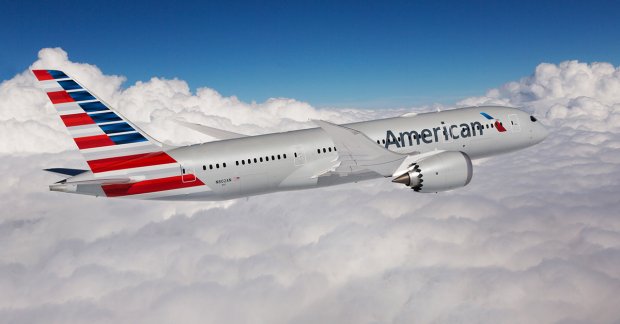American Airlines changes its popular “rebooking” fare policy

American Airlines has changed its fare booking policy to prohibit “automated reshopping” in a bid to prevent the use of “a robotic or automated process of re-booking a ticket for the same passenger and itinerary on American with the purpose of taking advantage of a reduced fare.” This crackdown on “rebooking” affects anyone who has grabbed the cheapest fare and then changed it later. The policy also impacts individuals who have enlisted agents or other third parties to continuously seek the lowest possible fare and rebook as soon as it emerges.
The change is a response to passengers taking advantage of the loophole, which allowed individuals to purchase the cheapest fare and then change it to the time they actually wanted to travel. This practice has become particularly common during the COVID-19 pandemic when airlines waived change fees. However, airlines have slowly and quietly brought back change fees, beginning at $75 for economy fare booking changes and going up to $300.
American Airlines’ crackdown follows similar moves by low-cost airlines to charge extra for even the slightest alteration. Unlike retail or food prices, airfare costs have long been volatile and mired in mystery. While booking early is generally cheaper than waiting until the last minute, airlines adjust their prices depending on everything from the cost of jet fuel to how full the airplane gets and what other airlines are doing.
Overall, the airline industry’s pricing system is a complex environment where everyone is monitoring each other, especially with the introduction of artificial intelligence and bots.
In response to the recent crackdown, travelers will have to book the regular price, rather than the cheapest economy option, to make changes to their itinerary.
